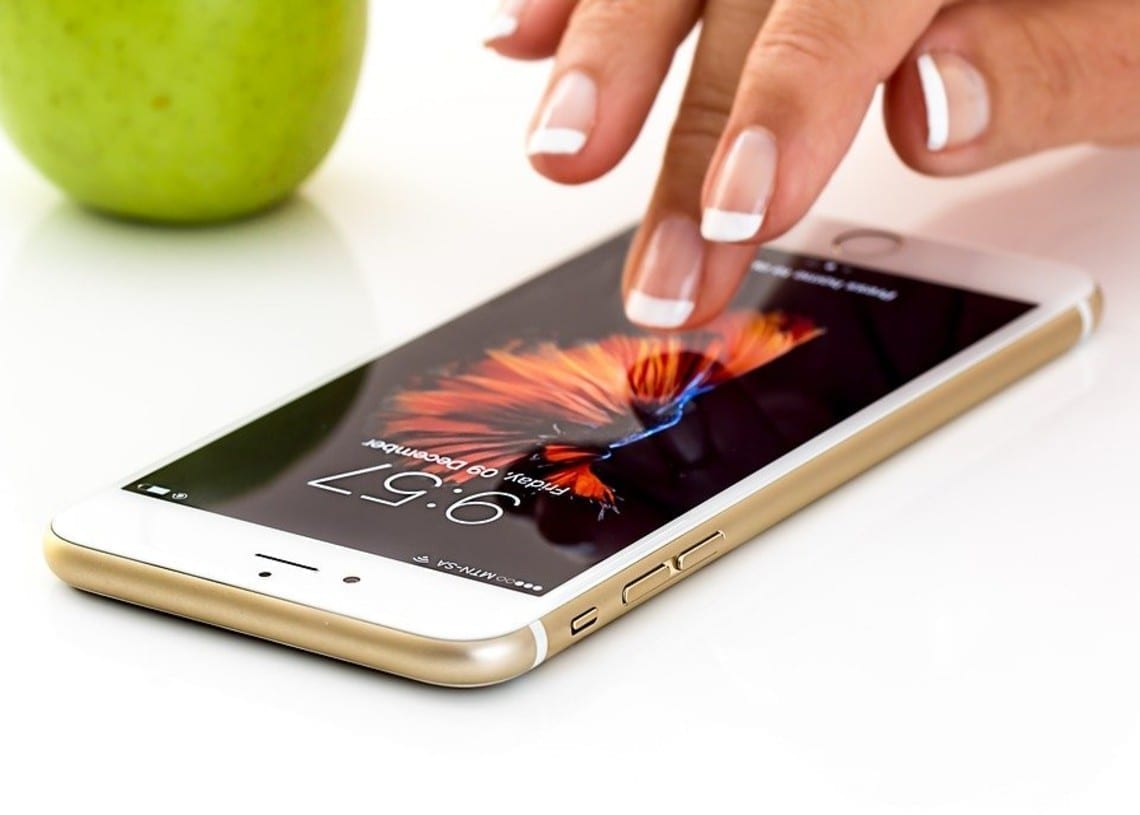smartphones have played a significant role in keeping us connected throughout the global pandemic, which has seen many countries implementing lockdowns and other forms of restrictions.
In the UK, data collected from July 2020 to date showed that citizens spent 46 percent more time on their phones compared to the previous similar period. Both adults and children have been forced to spend a majority of their days on their screens, with students doing online classes, whereas parents have been working remotely.
Smartphones addiction
However, it is among students, that the lockdowns have taken a toll and drove many students to smartphone addictions. A study done by King’s College London, which involved 1043 participants, aged between 18 to 30 years, showed that 38.9 percent of participants reported that they had an addiction to their smartphones.
The study also determined that among those who reported that they had an addiction to smartphones, 70 percent also reported having sleeping problems compared to only 57 percent for non-addicted students.
The study judged students on their inability to stay of the phone during the study and also how stressful they felt if they were unable to access their phones. It also seemed to determine if students who were addicted to their phones ignored their surrounding environment just to be on the on the phone.
Other similar studies about smartphone addiction had also shown that people who were addicted to their phone had a harder time falling asleep and they also got fewer hours of sleep, which meant that during the data they felt tired.
The results of the study by King’s College London was not surprising, considering the amount of time the pandemic has made available for students to be on the internet. Finding connections with loved ones has also been very difficult during the entire lockdown period, and many have turned to their smartphones as a way to keep in touch with family and friends.







